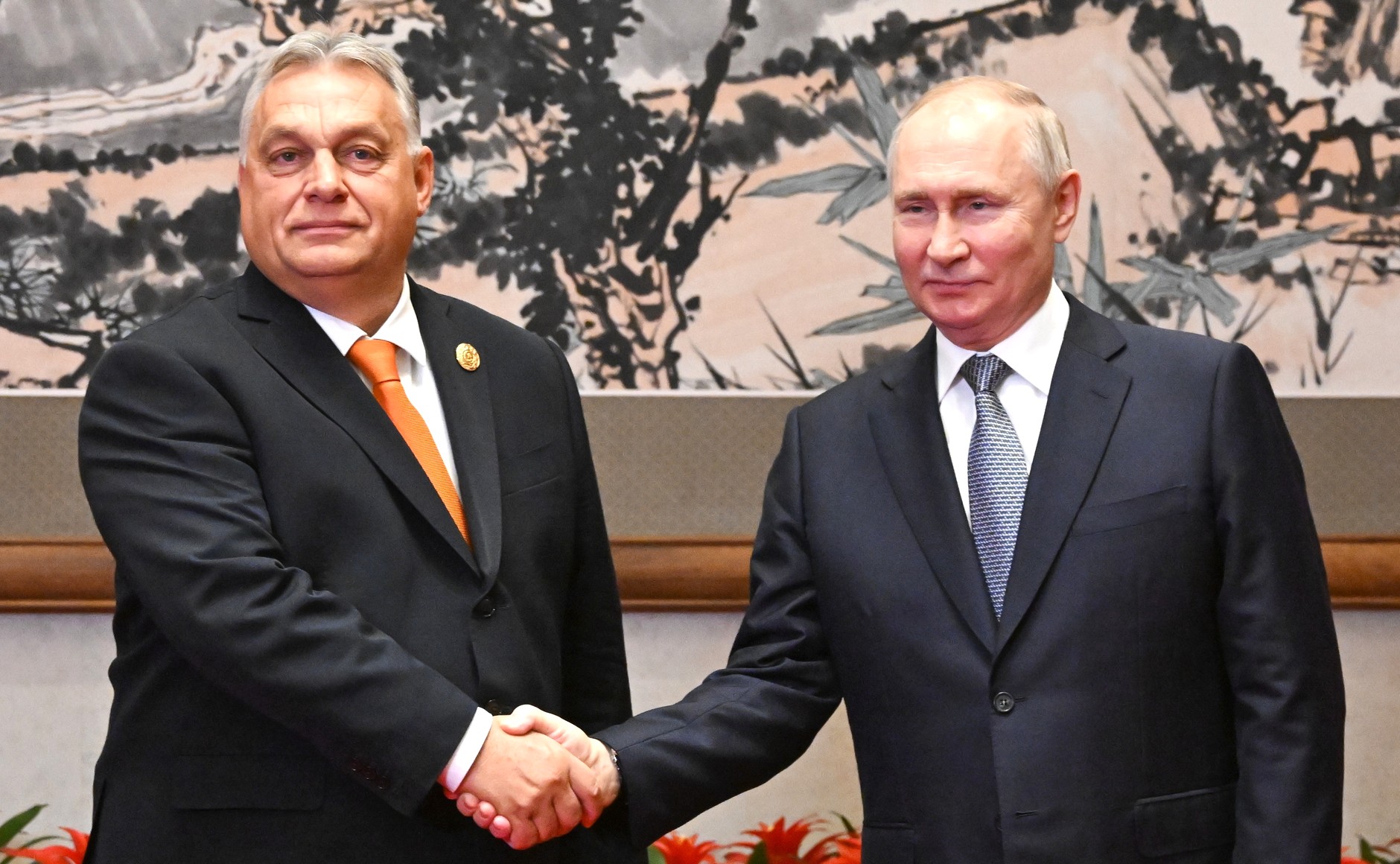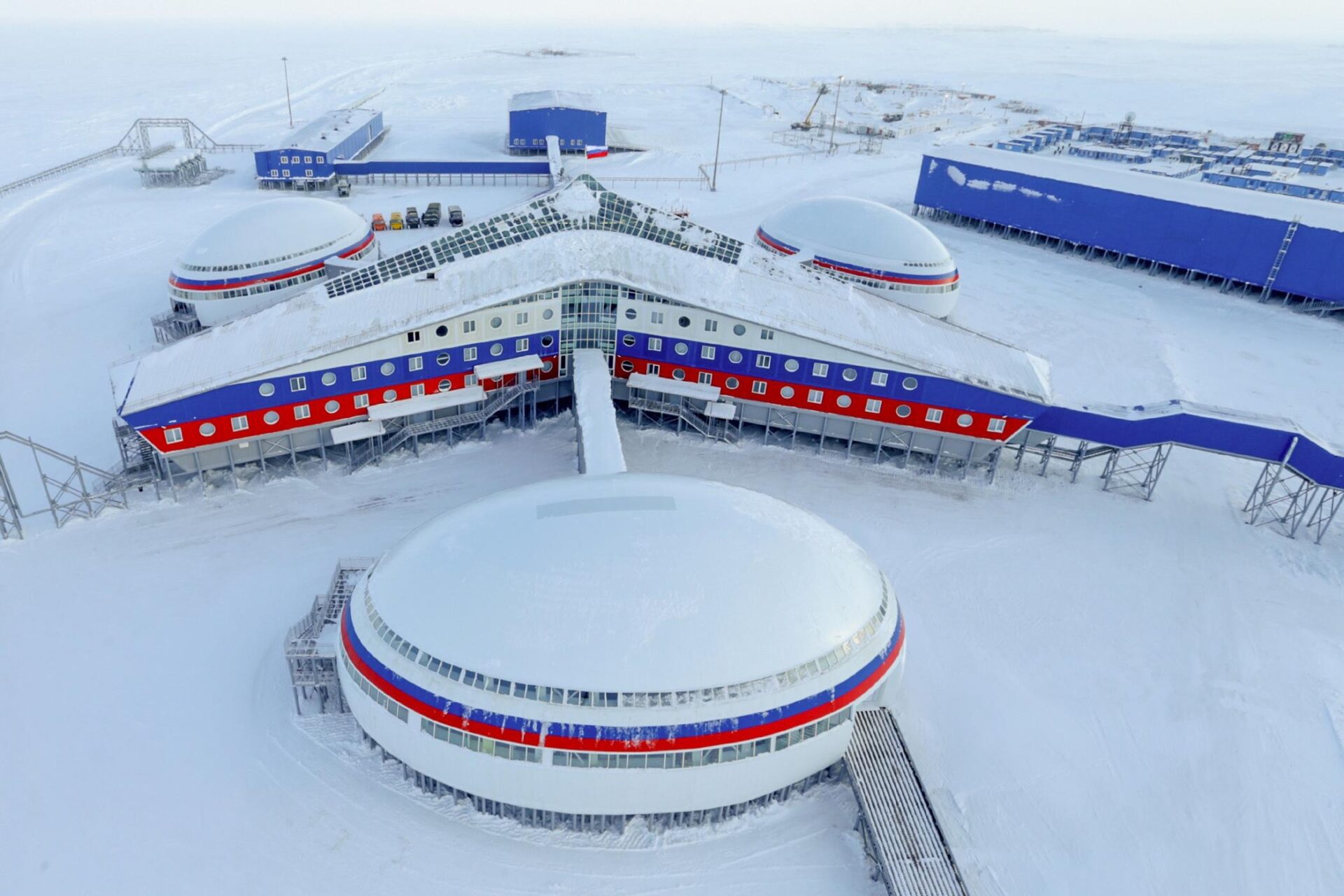
All Eyes on Hungary as Ukraine’s EU Membership Hangs in the Balance
All Eyes on Hungary as Ukraine’s EU Membership Hangs in the Balance
On December 4, Hungarian Prime Minister Viktor Orbán sent a letter to European Council President Charles Michel urging him to take the opening of EU accession talks with Ukraine off the forum’s agenda. Orbán argued that “the obvious lack of consensus [on whether to open accession talks with Kyiv] would inevitably lead to failure” (Forbes.hu, December 4). Orbán’s letter to Michel comes as the European Union is gearing up for a high-stakes summit of heads of state on December 14 and 15. The EU leaders are due to decide whether to formally commence accession negotiations with Kyiv after the European Commission made that recommendation in early November (Neighbourhood-enlargement.ec.europa.eu, November 8). Under Orbán’s direction, Hungary has become a thorn in the side of EU efforts to provide military support to Ukraine. Now, Kyiv’s aspirations for EU membership may become a casualty of Budapest’s policies.
The Hungarian government has taken a stand against approving a three-year EU financial assistance program to Ukraine worth 50 billion euros ($54 billion). Orbán believes that Brussels needs to strategically rethink its stance on Ukraine and should offer Kyiv an unclarified strategic partnership instead of providing a path to formal membership (Index.hu, November 22). In addition, officials from the Hungarian Embassy in Washington and the Hungarian Institute of Foreign Affairs are reportedly set to take part in a closed-door meeting with a group of congressional Republicans on December 11 and 12 to push for ending US military and financial aid to Ukraine (Kyiv Independent, December 10).
Orbán was highly critical of bringing Ukraine closer to the European Union well before Russia’s war. The Hungarian premier has become the most Kremlin-friendly EU leader and maintains close political ties to Moscow, His previous arguments against Ukraine’s EU (and North Atlantic Treaty Organization) bid were pinned to Kyiv’s policies that curbed the educational and language rights of the 100,000-strong Hungarian minority living in western Ukraine’s Zakarpattia region.
Today, Budapest has presented several arguments against opening EU negotiations with Ukraine. These include a potentially negative economic impact on Hungary’s agricultural sector, Ukraine’s failure to meet European standards on the rule of law and democracy, widespread corruption, and the alleged lack of a comprehensive EU strategy on Ukraine (Népszava, December 1). In addition, the Hungarian government is conducting a “national consultation” with a series of biased questions on several subjects, including Ukraine (444.hu, November 27). The survey seeks to galvanize public support for the government’s positions ahead of the upcoming EU summit.
Given its Russian-friendly stance, Hungary is widely expected to oppose further EU financial assistance to war-torn Ukraine. The other 26 member states have already expressed readiness to circumvent Budapest in continuing to provide Kyiv with aid through bilateral contracts (Magyar Hang, November 10). The European Union’s foreign policy decisions require unanimity. For this reason, Michel personally traveled to Budapest on November 27 to meet with Orbán (EurActiv, November 28). French President Emmanuel Macron also invited the Hungarian leader to Paris for informal talks in hoping to quell Orbán’s opposition to aid.
Ukraine has expressed its readiness to repair broken ties between Budapest and Kyiv by initiating a bilateral summit between Orbán and Ukrainian President Volodymyr Zelenskyy. Although the Hungarian government rejected the idea, Zelenskyy had a brief heated exchange with his Hungarian counterpart on the sidelines of the inauguration of Argentine President Javier Milei on December 10 (444.hu, December 11). Earlier, the Ukrainian parliament, in response to Budapest’s criticism, approved changes to the country’s law on national minorities, ensuring minority-language education until the end of secondary school (Népszava, December 8). The Hungarian Foreign Ministry, however, claimed that the changes are “far from the rights [ethnic Hungarians had enjoyed] before 2015” (Index.hu, December 9). Ukrainian Foreign Minister Dmytro Kuleba responded that it is “hard to understand where Hungary’s opposition [to starting EU accession talks] comes from since Ukraine did everything that Hungary asked” (Hvg.hu, December 11).
Several factors might explain why Orbán has stepped up his anti-Ukrainian stance in recent weeks. One possible explanation is the Hungarian leader’s quest to unfreeze billions of euros in EU cohesion and post-pandemic recovery funds, which the EU Commission has blocked over Hungary’s failure to meet rule-of-law and transparency standards. In early October, several international media outlets speculated whether Orbán would approve EU aid to Ukraine in exchange for unblocking Hungary’s frozen funds (Financial Times, October 2; Politico Europe, October 3). Both sides have repeatedly denied that the two issues are connected. The upcoming EU summit may produce a decision on both matters, particularly after the European Union recently approved Hungary’s revised National Recovery and Resilience Plan (Hvg.hu, November 23).
Orbán may also want to secure a backroom deal with EU leaders to ensure that European Commission President Ursula von der Leyen will not be reelected following the June 2024 European parliamentary elections (24.hu, December 4). Under von der Leyen’s leadership, the European Commission has taken a strong stance against Orbán’s government, demanding a series of reforms in exchange for EU funds.
Geopolitically, Orbán has maintained his stated objective to preserve Hungary’s ties with Russia despite Moscow’s war against Ukraine. On October 17, Orbán was the only EU leader to travel to Beijing for the annual Belt and Road Summit. Orbán used the occasion to speak with Russian President Vladimir Putin in an effort to “save everything possible” in relations between Budapest and Moscow (Hvg.hu, October 17). The two leaders discussed cooperation in oil and energy, signaling that Orbán has no intentions of turning away from Russia anytime soon. In this regard, the Hungarian premier’s opposition to Kyiv’s EU bid is clearly a gesture to Moscow.
Multiple outcomes remain on the table for the European Union’s much-anticipated summit on December 14 and 15. The baseline scenario assumes that Orbán will formally block opening accession talks with Ukraine. This decision would represent a strategic blow to Kyiv and the 27-member bloc and could feed “Ukraine fatigue” among some EU member states and other Western countries. While agreeing to initiate accession talks with Kyiv would be an easy way for Orbán to repair ties with Brussels, this scenario remains unlikely as the ruling Fidesz party’s constituents have also become highly skeptical of support for Ukraine. Another possible outcome involves finding a compromise that would allow Ukraine to receive EU financial support in return for unfreezing funds for Hungary, though that would presumably not include opening accession talks. Brussels has a long history of securing compromises that each side can present as a political success, and that may very well prove to be the case in hoping to avoid Budapest’s veto.


